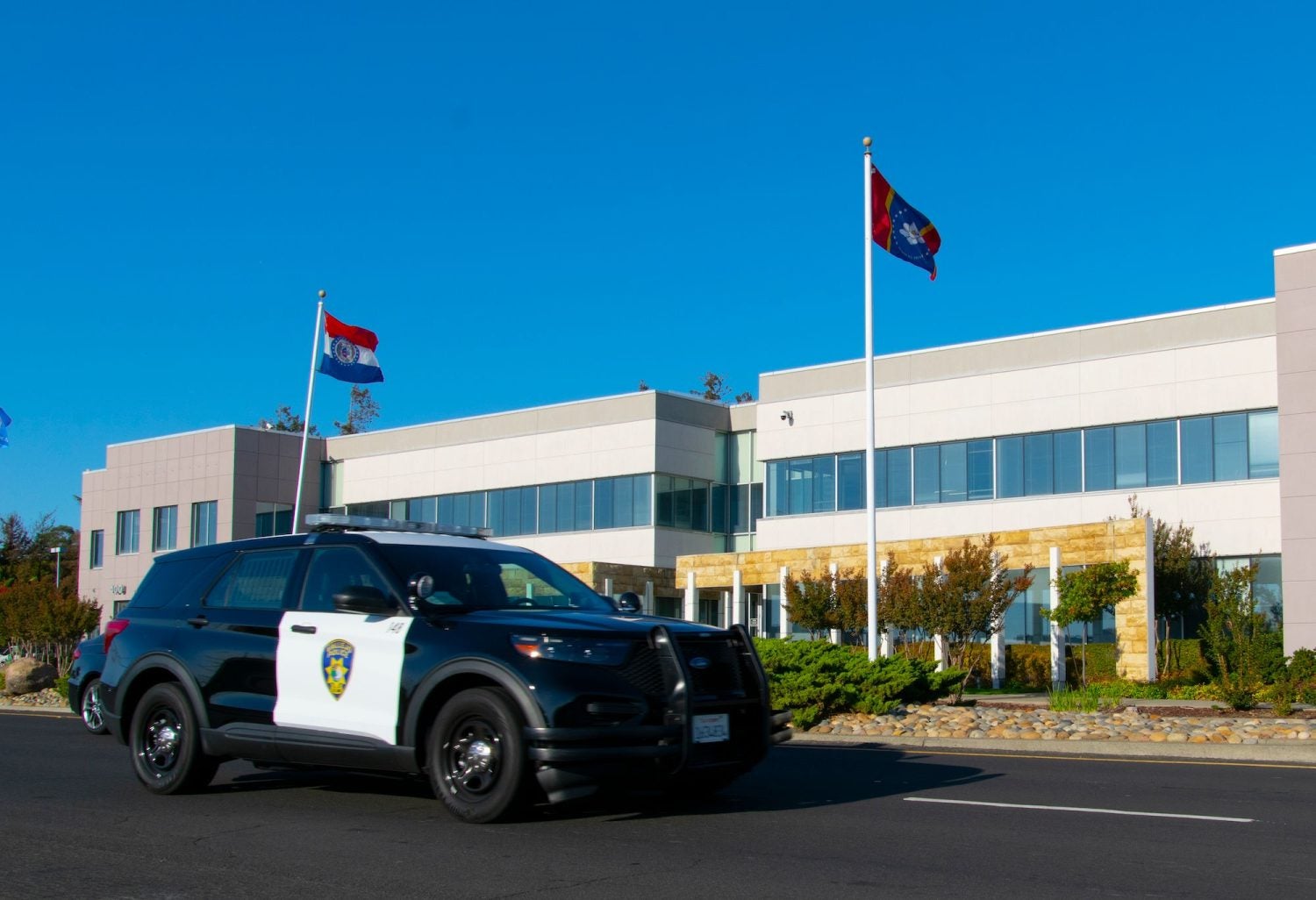Category: Geography
-

The waterfront is not a fixed boundary
I spoke with Brian Krans of the Vallejo Sun to discuss police brutality and protest history of the Vallejo waterfront – a preview of forthcoming chapter written with Prof. Julie Sze. Visit the Vallejo Sun (transcript included) or check it out on Apple podcasts
-
“the disposability of this landscape is linked to white supremacy”
For KQED in San Francisco, I spoke with reporter Ezra David Romero about the condition of “sacrificial zones” – landscapes where legacies of toxicity become exposed to new dangers of sea level rise along waterfronts that are historically colonized and segregated. Read the story.
-
The Explosivity of Kelp
Uncovering kelp’s hidden past as an ingredient in explosives may have the answer to preserving its future survival under climate change. The Explosivity of Kelp, at Society & Space open site (part of a forum on everyday militarisms born from our UC Davis – U Sydney collaboratory)
-
“Landscapes of (Racial) Explosivity: San Francisco’s Parrot Block and the 1866 Nitroglycerine Explosion”
-
Canoas, cayucos y balsas
Recent award, thanks to the Center for Craft in North Carolina! CANOAS, CAYUCOS Y BALSAS (CANOES, CAYUCOS AND RAFTS) Diego de la Cruz Gaitan, MAOF (Materiales y Oficios, or materials and crafts) Javier Arbona, Assistant Professor Canoas, Cayucos y Balsas is a materials and process research project for the construction prototypes of a fleet of Caribbean…
-
Resisting Debt and Colonial Disaster in Post-Maria Puerto Rico
Guest editorial published: Marisol LeBrón & Javier Arbona. The Funambulist 16 (March-April 2018) – Proletarian Fortresses.
-
Reckoning: Monuments and Racial History – at CCA San Francisco
-
Event | The Conversation – “Memorials and Monuments: Lessons from Charlottesville, New Orleans, and Port Chicago”
Time: 6:30 PM – 8:00 PM Location: 24th Street Theater, Sierra 2 Center, 2791 24th Street, Sacramento, CA 95818 Join us for “The Conversation,” a new public event series hosted by the UC Davis Humanities Institute that invites professors and public intellectuals to consider current issues of the day. The Conversation will offer an open format, including…
-
Trial by the Bay
Recently published: “Trial by the Bay: Treasure Island and Segregation in the Navy’s Lake” (2017). Urban Reinventions: San Francisco’s Treasure Island. Lynne Horiuchi and Tanu Sankalia, eds. Honolulu: University of Hawai’i Press: 125-139. Find: ON WORLDCAT / ORDER FROM PRESS More writings and works here
-
How to not discuss Puerto Rico…
The American Studies Association, of which I am a member, had a statement on the situation in Puerto Rico, and for me, to be honest… It was not a good statement. I’ll paste here and edit something I posted previously on social media: With some very good scholars on the Executive Committee, no one apparently…